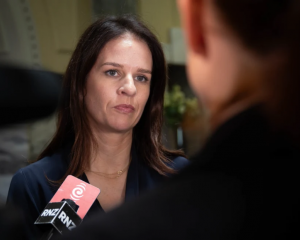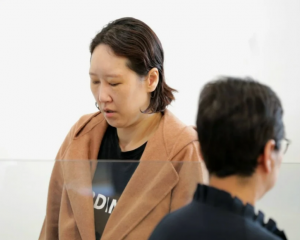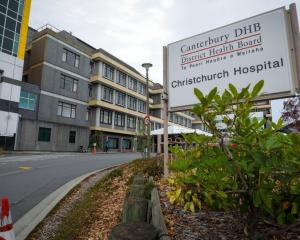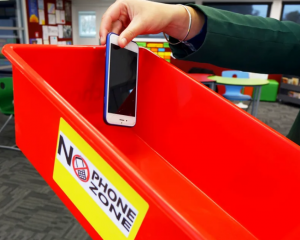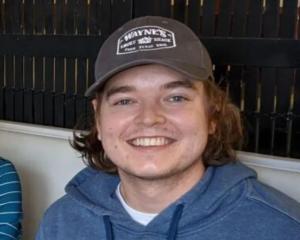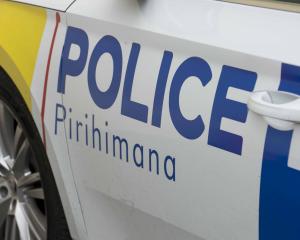Hundreds of health workers are being bitten, head-butted and assaulted in other ways each year while they look after sick, injured and distressed patients.
District health boards are concerned about assaults by patients and visitors. More than 2500 have occurred in just the upper North Island in the past three years, figures obtained by the Herald under the Official Information Act show.
Last month, a Wairarapa nurse was seriously injured when attacked by a male patient in an ambulance, and in February, a Hawke's Bay Hospital nurse suffered a broken cheekbone when bashed by a patient.
Figures from the Bay of Plenty DHB show that staff suffered harm in 25 to 40 per cent of incidents in the three years from 2010 covered by the statistics the Herald sought.
Its cases included a patient who tried to strangle an employee, and another in which a boiling cup of tea was thrown over a worker.
For the Auckland DHB, 29 of the 146 cases reported in 2011-12 resulted in "claims", which includes those where medical attention was needed.
But the DHB also said there had been "no serious-harm injuries" related to workplace violence in the two years and nine months covered by its report on assaults.
DHBs now train staff in how to calm potentially violent situations.
Waikato DHB security manager Dean Ria said staff in the sector had become too tolerant of abuse from patients and people with them.
"I think in that desire to help people, they have lowered the threshold of what they accept."
He said staff training and other initiatives had raised that threshold. "One of our key messages is, if you feel unsafe, get out and call for back-up."
He described anti-abuse posters from Waikato Hospital which urged patients to choose whether their "treatment" was from doctors and nurses, or police - "because we won't hesitate to call police if you verbally or physically abuse our staff".
Mr Ria believed the rise in assaults at his DHB from 2010 to 2012 was both an increase in actual incidents, and a rise in reporting by staff.
Mental health services, which care for acutely unwell and sometimes agitated and psychotic patients, were in many cases the site of more than half of the assaults reported to DHBs.
Waitemata is a big provider of mental health and addiction services - at the Mason Clinic regional forensic psychiatric service and at its Community Alcohol and Drug Services.
"In relation to forensics, we are at the high-risk end of the market when it comes to aggressiveness in patients," said Waitemata's director of human resources, Sam Bartrum.
"We've got de-escalation programmes we run with staff all the time. We call security staff when we need them, especially to areas like the emergency department in hospital.
"That can be around either patients or visitors and it's usually at a time when people are highly emotive and also often it's either drugs or alcohol involved as well."
Richard Wagstaff, national secretary of the Public Service Association - whose members included mental health nurses - said the threat of assault was always an issue for staff, particularly in mental health.
The union had been working constructively with the Auckland DHB to try to reduce assaults in its mental health services.
"At the Te Whetu Tawera acute unit, for example, work has gone into improving staff numbers and putting in additional support systems to try to prevent assaults happening."
- Martin Johnston of the New Zealand Herald




